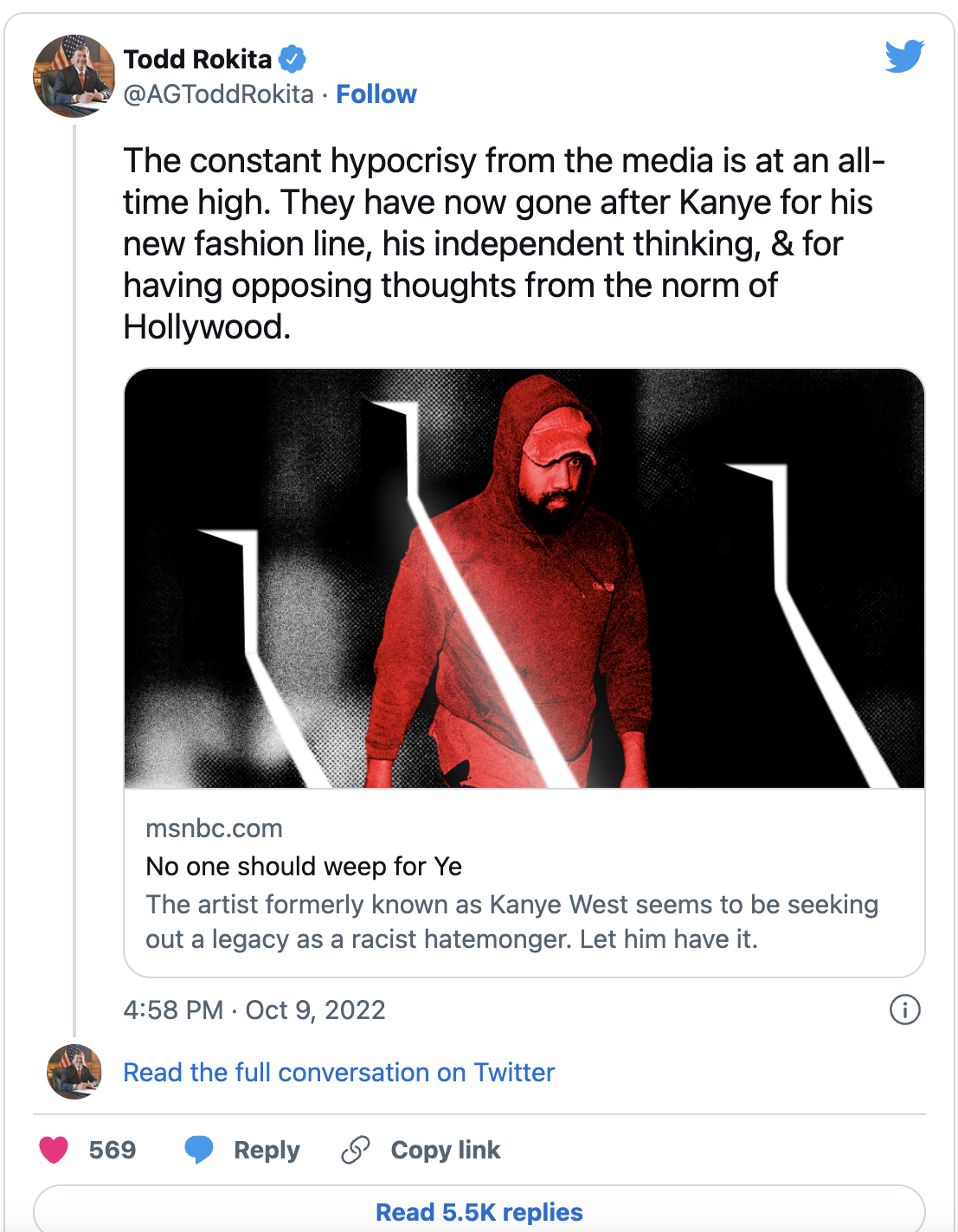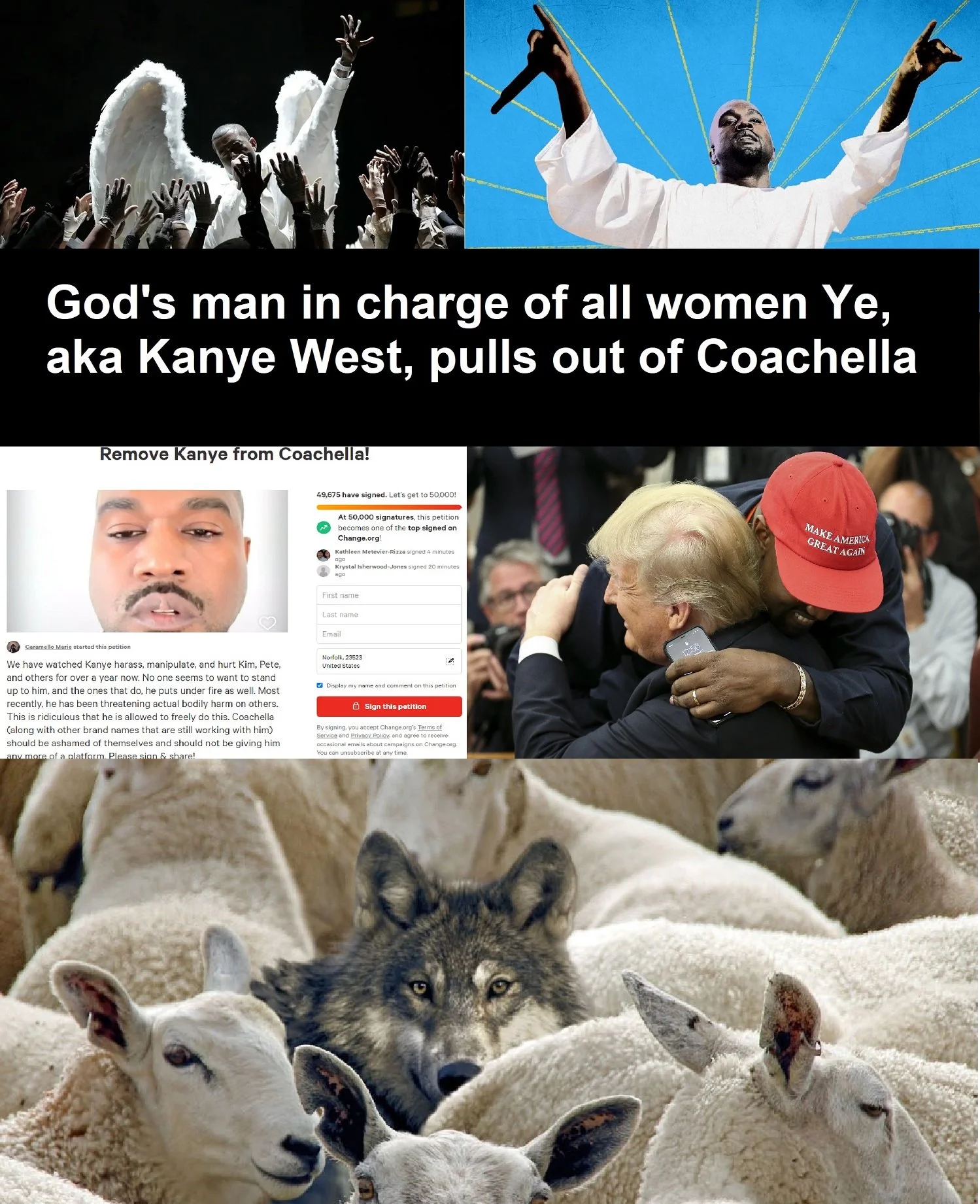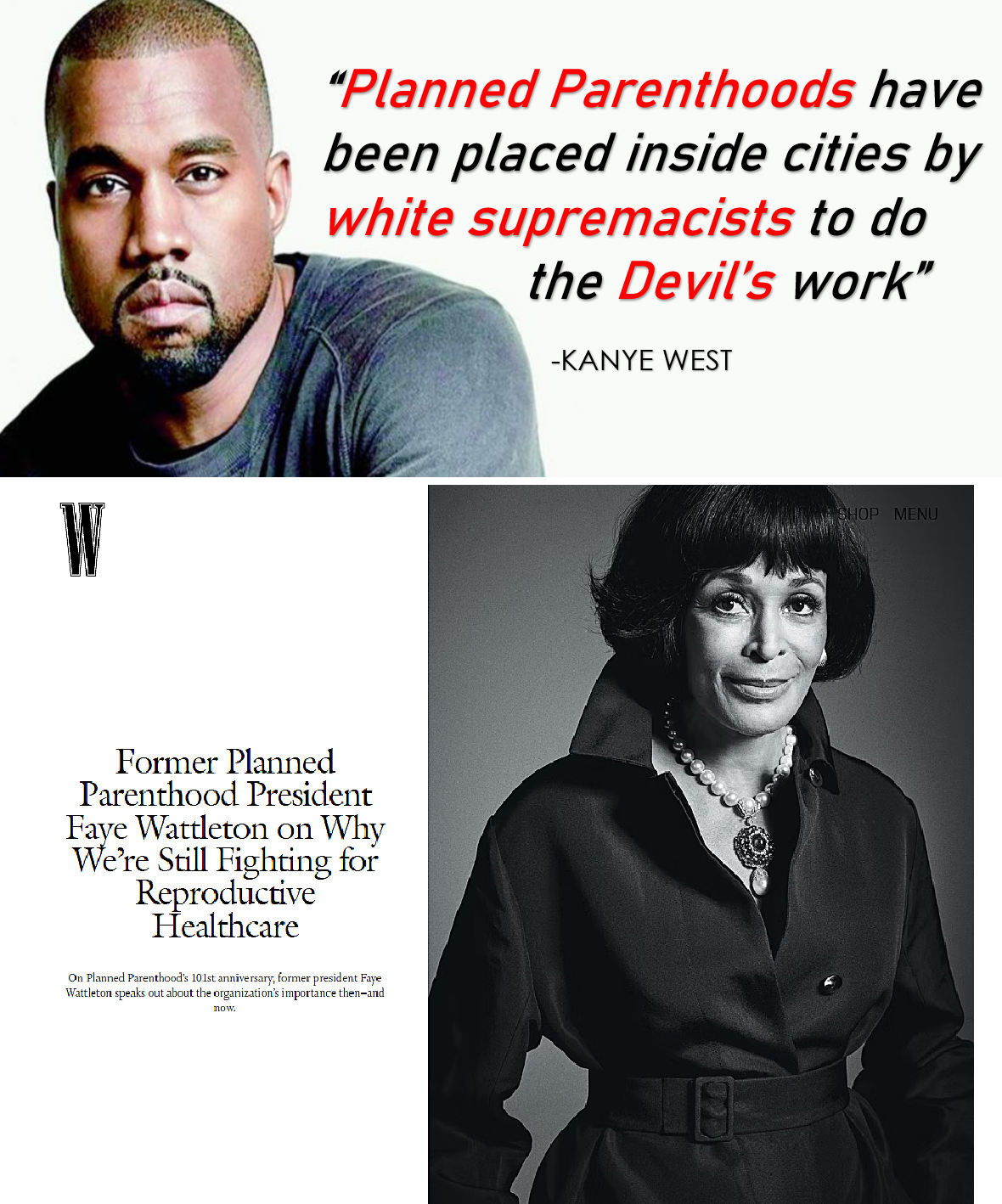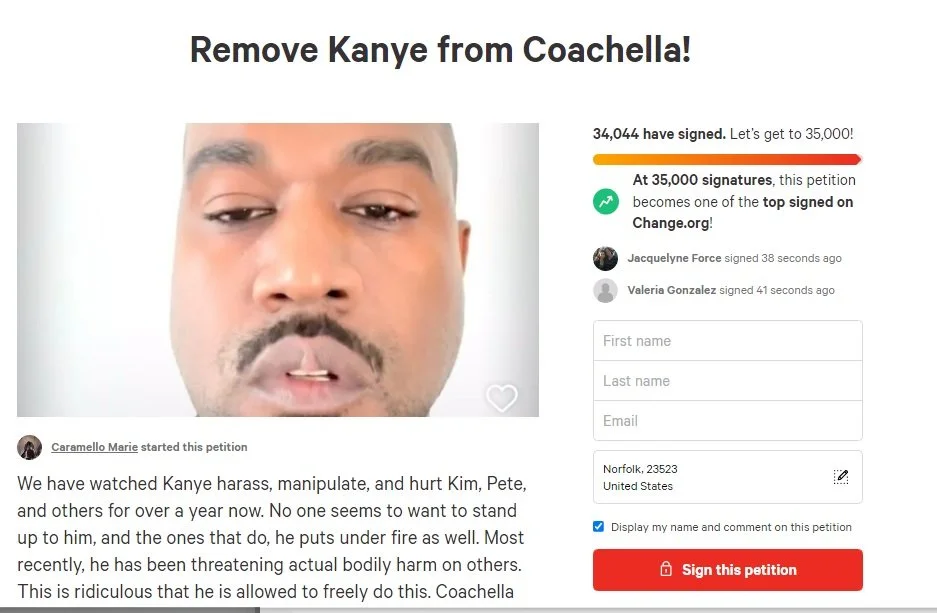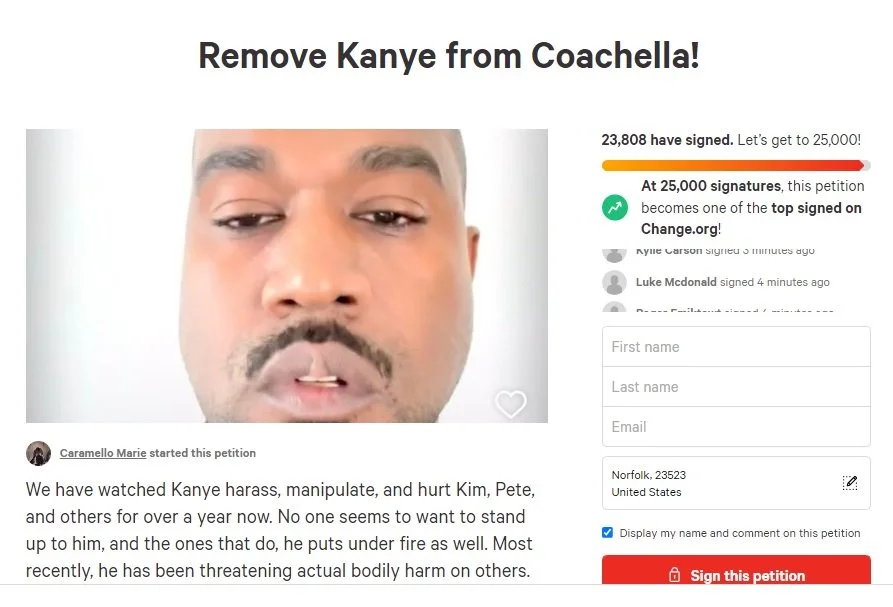DeVos Champions Online Charter Schools & Parental Rights, But The Results Are Poor
/As Education Secretary Betsy DeVos seeks to expand school choice nationwide, including online, Pennsylvania serves as a case study in the shortcomings of the virtual charter school model. | Alex Wong/Getty Images
US education secretary Betsy DeVos is a big proponent of charter schools, so much so that she and her husband have put their money behind their values and beliefs. Over a decade ago, DeVos invested in junk-bond king Michael Milken-backed online charter-school operator K12, which targeted the growing homeschool market. But K12’s overly expansive business model made it both significantly less profitable and more prone to regulatory and operating deficiencies than smaller, less ideologically driven competitors, wrote The Atlantic prior to Besty Devos' senate confirmation. K12 still trades below its IPO price from 2007 and documents discovered by The Atlantic suggest that DeVos was a backer of Milken's parent company Knowledge Universe, now defunct.
It's not the case that no charter schools are successful. Over the same period, Bright Horizons emerged as a focused and successful leader in employer-sponsored early learning centers. Translated, Bright Horizons Family Solutions is also the largest provider of employer-sponsored childcare in America and Fortune's 2017 list of America's best companies puts Bright Horizons at #90.
Not so with K12 and the home school business in Pennsylvania, writes Politio in its Oct. 8, 2017 DeVos champions online charter schools, but the results are poor. The article focuses specifically on Pennsylvania and the 48 percent graduation rate in its virtual charters. Three states California, Michigan and Pennsylvania represent half of all charter schools in America. Michigan is another state with terrible charter schools results, and California is also struggling, based on an updated August 12, 2016 story the Mercury News reported California charter school scores dive.
“Here’s what I would say to Betsy DeVos — do those parents really understand what they’re sending their kids to?” said Mark DiRocco, executive director of the Pennsylvania Association of School Administrators in the Politico article.
Research by Bryan Mann, now an education professor at the University of Alabama and who studied virtual charters while at Penn State, establishes a strong connection between uneducated parents and their preferences for virtual-learning charter schools, writes Politico.
In America today, about six million good-paying, skills-rich jobs are unfilled. In an ideal world, uneducated parents would all follow the sacrifices made by many immigrants of working around the clock in order to send their kids to some of America's finest educational institutions.
It's a well-established fact that uneducated parents who want their kids educated online hold deeply conservative, religious-based views. Their do not want their kids to be contaminated by outside ideas -- more liberal ideas -- associated with higher learning. One asks if this is fair to children and a question of sacrosanct parental rights injuring the future of their own kids. Presumably, these are questions the Trump administration will never ask Betsy DeVos, given their commitment to this voter block of uneducated, evangelical white Americans.
Bottom line, there are many problems in America's education system -- problems that go far beyond America's teachers' unions. As Trump moves to end immigration in America, one expects our education scores to plummet even further.
PEW Research wrote in Feb. 2017: US students' academic achievement stlll lags that of their peers in many other countries. These new scores represent a major decline in the last five years. At one time, the US education was considered the best in the world. This PEW analysis shows just how far America has fallen, compared to other countries in the world. For example:
One of the biggest cross-national tests is the Programme for International Student Assessment (PISA), which every three years measures reading ability, math and science literacy and other key skills among 15-year-olds in dozens of developed and developing countries. The most recent PISA results, from 2015, placed the U.S. an unimpressive 38thout of 71 countries in math and 24th in science. Among the 35 members of the Organization for Economic Cooperation and Development, which sponsors the PISA initiative, the U.S. ranked 30th in math and 19th in science.
Related: A sobering look at what Betsy DeVos did to education in Michigan -- and what she might do as secretary of education The Washington Post
Michigan Gambled on Charler Schools. Its Children Lost. The New York Times
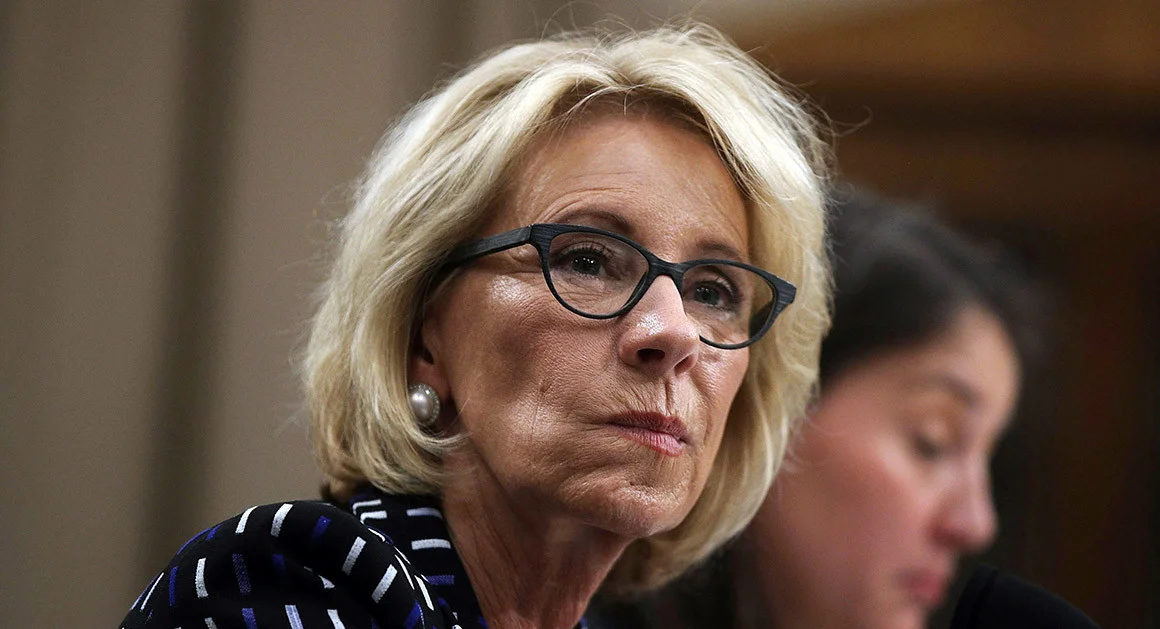


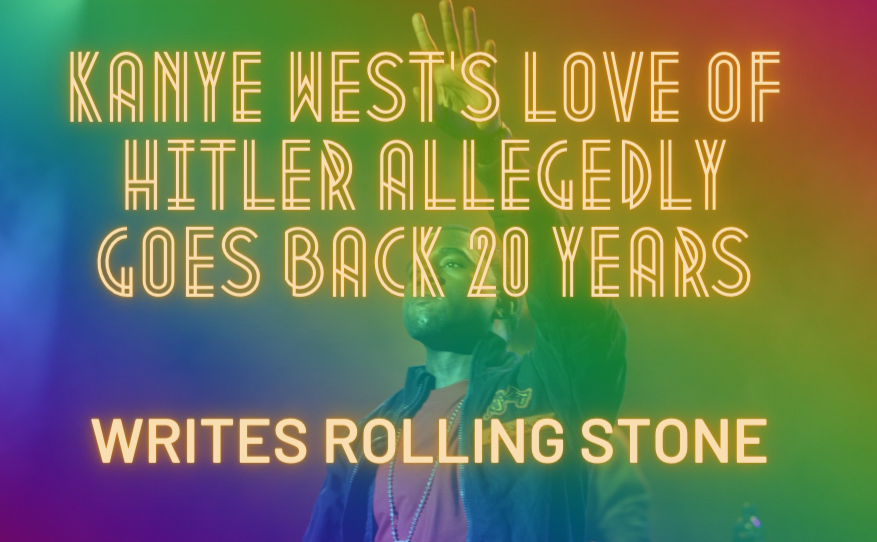







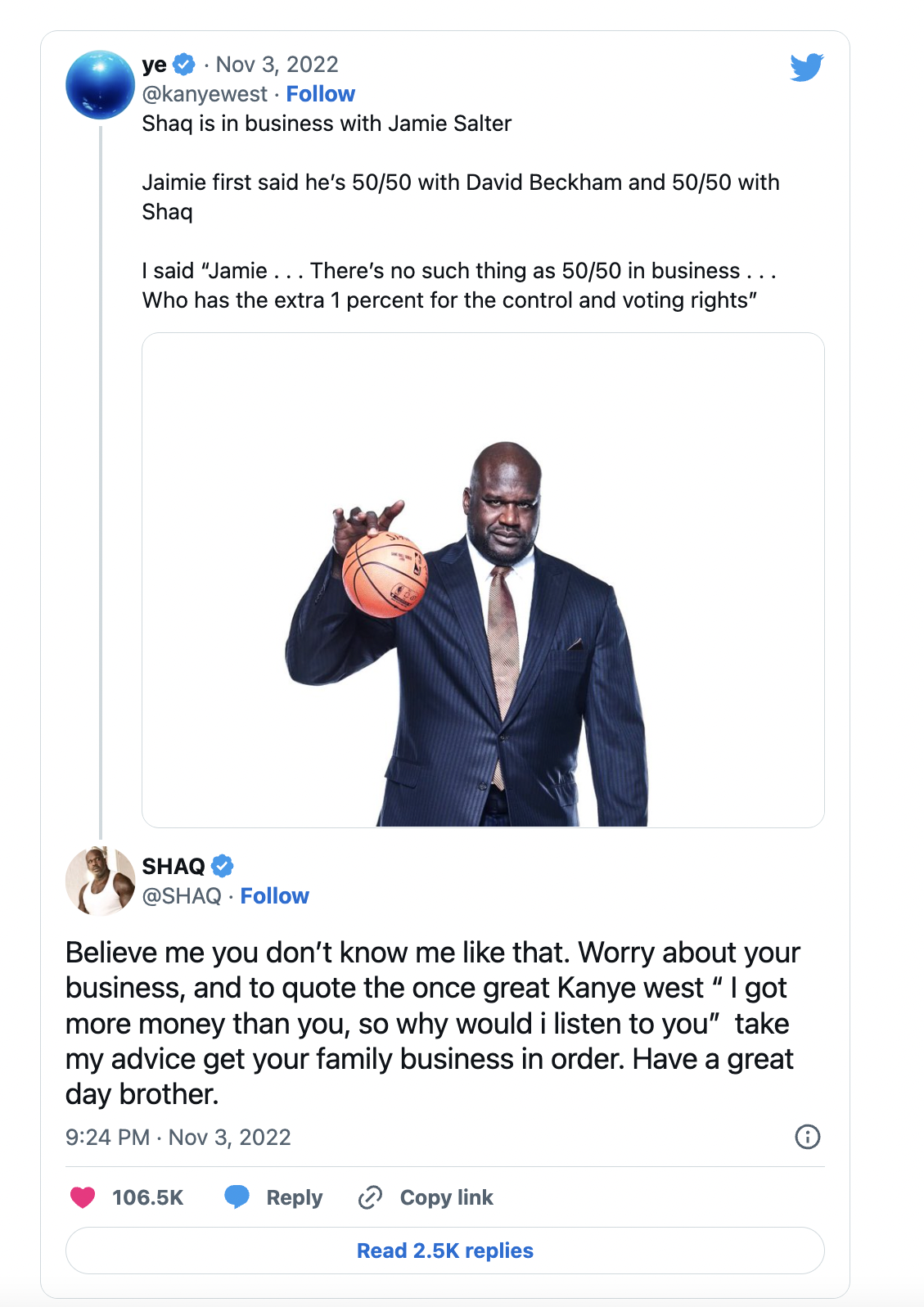










![Kanye West's [aka Ye] Refusal to Treat His Mental Illness Is No Excuse For His Anti-Semitism](https://images.squarespace-cdn.com/content/v1/55f45174e4b0fb5d95b07f39/1666238183530-4WVG9SNG88HTSKQ0WWDV/Is+Kanye-West-Running-Out-of-Platforms.png)
